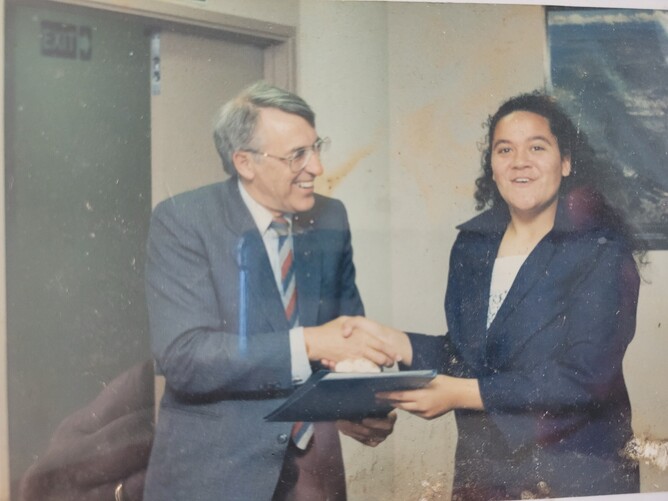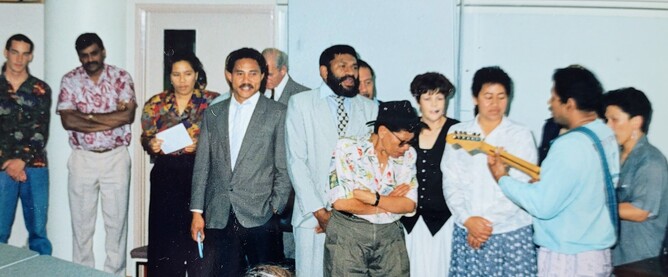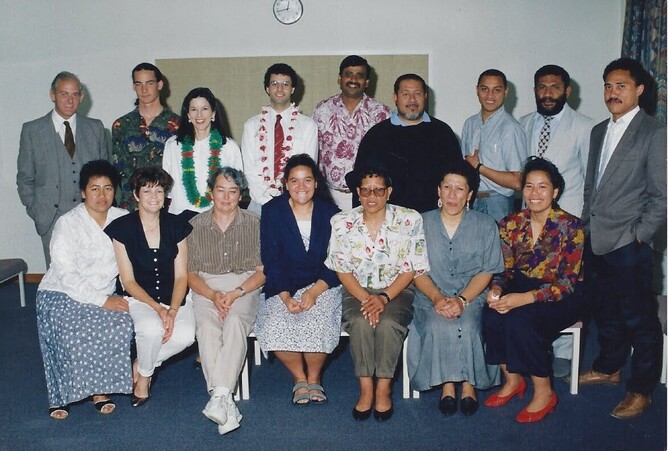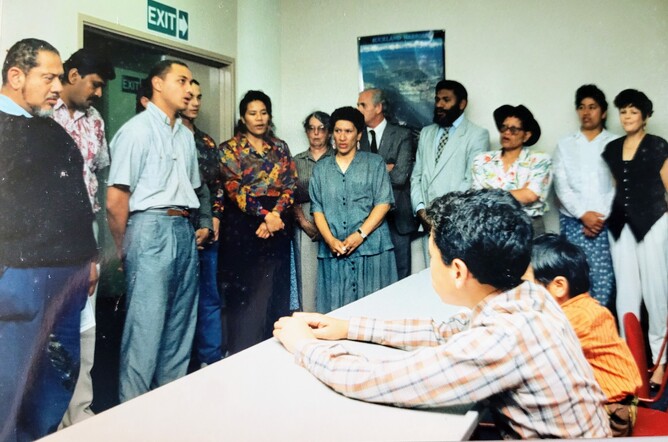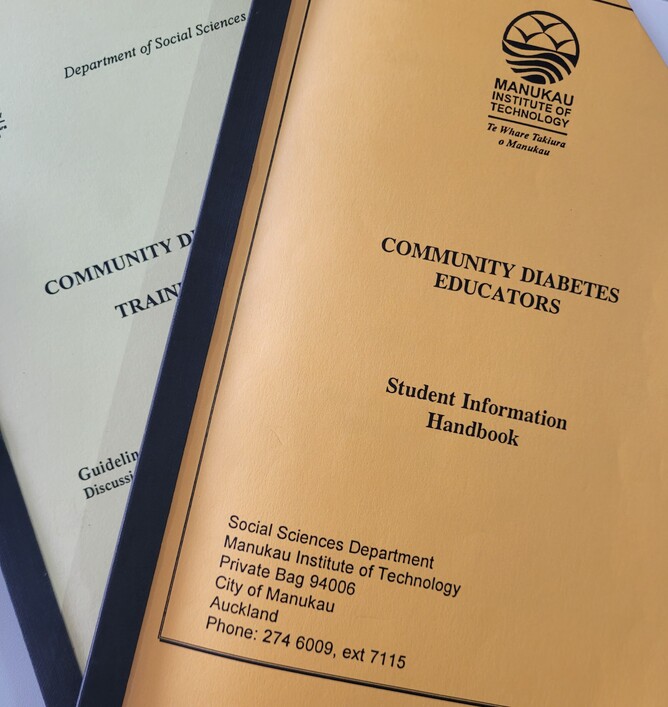In the spirit of not forgetting the important achievements and milestones, lets go back to 1992 when some very motivated people, including Pam Tregonning (previous Board Chair for Diabetes Foundation Aotearoa), and Dr David Simmons were involved in organising ground breaking health worker courses in South Auckland. The courses were in an arrangement with Manukau Institute of Technology (Manukau Technical Institute back then) and the first course was a Diabetes Field workers course. Barbara Gatland (Manager), Lisi Leakehe (Data Manager), Carole Fleming (Diabetes Nurse Specialist), and David Scott were responsible for this. The first field workers were trained to go around Otara, Mangere and Papatoetoe where they door knocked to identify the people in homes with Diabetes. The information gathered from this was part of the Door-to-Door study which provided an idea of prevalence which hadn't been able to be understood before, as well as being a basis for some interventions.
The second type of course was for Community educators who undertook a 100 hour course. The stated aims of the course were 1) Improve the quality of life of people with diabetes, 2) Empower people with diabetes and 3) Reduce the downstream cost of diabetes. The intention was to "train culturally and clinically safe lay workers who will be an integral part of the Diabetes Care team in achieving the above aims".
A snapshot of the course outline:
Introduction to Diabetes
Nutrition and Food Safety
Introduction to Exercise (theoretical/practical)
Introduction to communication
Introduction to Cultural Awareness
Adult learning theories
Introduction to First Aid
Introduction to Computers
Future Focus
One of the first educator groups (the pilot) included our very own Trish. Picture is Trish receiving congratulations from the Late Dr David Scott. It's understood that around 8 courses (Community Educator/Fieldworker) were run in total.
